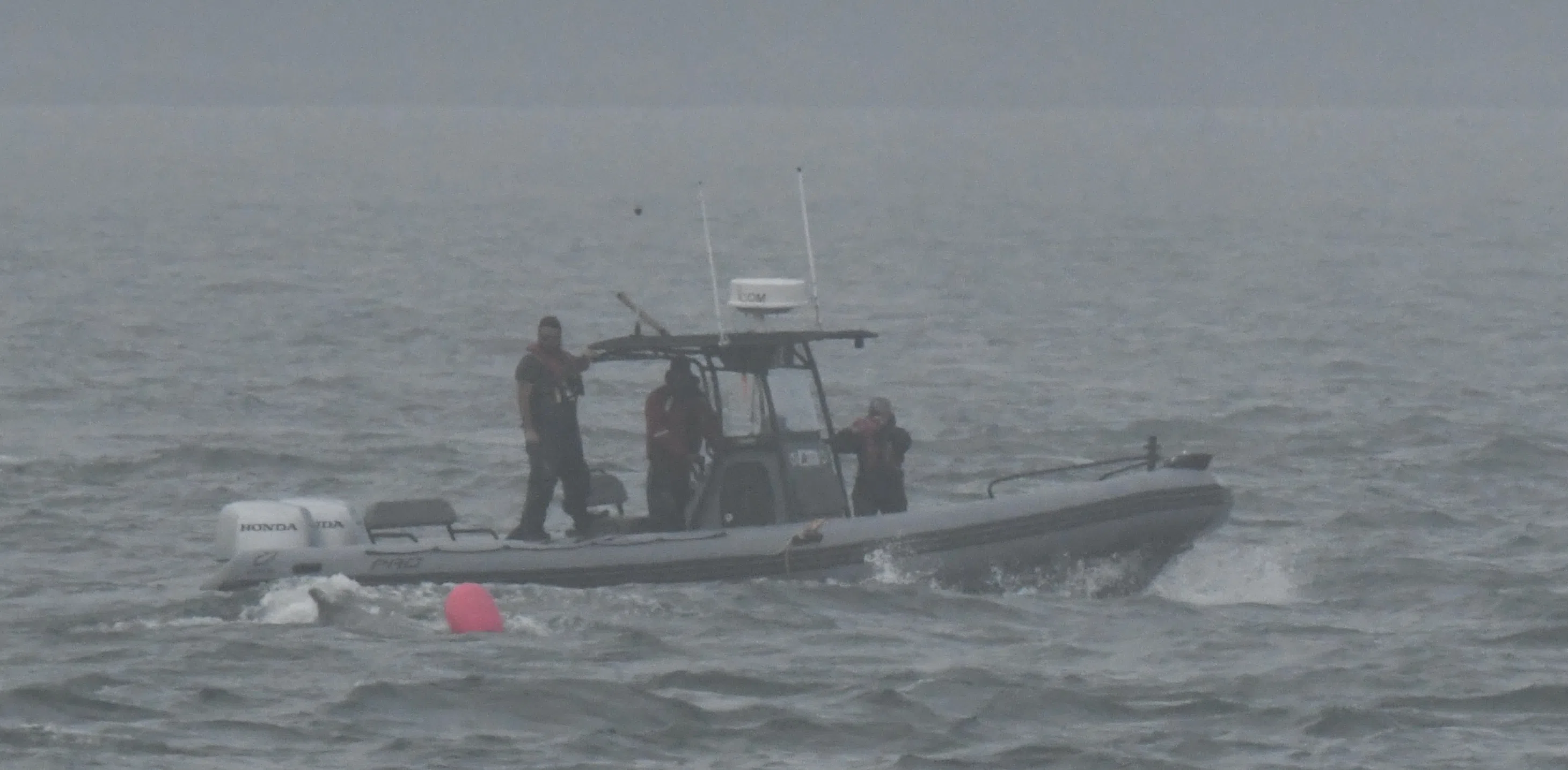A successful rescue of an entangled whale in the waters off Campobello Island.
Whale watch boats from Saint Andrews spotted a young humpback whale at around 3 p.m. Tuesday.
Mackie Greene, director of whale rescue with the Canadian Whale Institute, says it’s difficult to watch because they are in pain.
“They’re really stressed. They get anxious. You can really hear it through their blow. They kind of trumpet and make a lot of noise. They blow bubbles before they come to the surface. It’s hard to watch that,” says Greene.
Greene says it was a fresh entanglement, which was a good thing because they were able to get there quickly and it didn’t take long to free the whale.
“We only had to make one cut with a cutting grapple. The whale was in the buoy line for a Halibut trawl. The fisherman was there as well standing by to help us if we needed any help,” he says.
Once the whale was freed, they got the buoy off and it could swim away from the fishing gear.
Meanwhile, there was another whale rescue on Wednesday. Greene says they received a report of an entangled humpback off Blacks Harbour.
The whale had rope wrapped around its tail and it was thrashing around. He says it was swimming fast, but luckily it freed itself of the rope.
Greene says they followed it all the way to Grand Manan to make sure it was okay.
“We usually get between six and 12 calls a year, but we have had some years where we’ve had no responses and other years where we’ve had more,” he says.
“We’ve actually worked on three whales so far this year, but there are still a couple more right whales that are entangled up in the Gulf that we’re just waiting for another sighting, so we can go find them.”
He says the teams who help these mammals need to be specially trained for the work they do.
“It is very dangerous. These are the largest animals on earth. They are wild animals. And they’re in pain, they’re hurt and stressed out. So it is really dangerous. Plus the environment that you’re in, out on the water, sometimes miles offshore, it’s very dangerous. We did have a colleague who was killed back in 2017 who was hit by a whale. So, it does take a lot of training,” Greene says.
“There’s four of us that go in the boat, but it’s actually a big team. It’s working really great here in Atlantic Canada, and we’re building a world-class network of responders.”





